
Kennesaw State student doubles up on degrees, activities
KENNESAW, Ga. | Dec 19, 2024
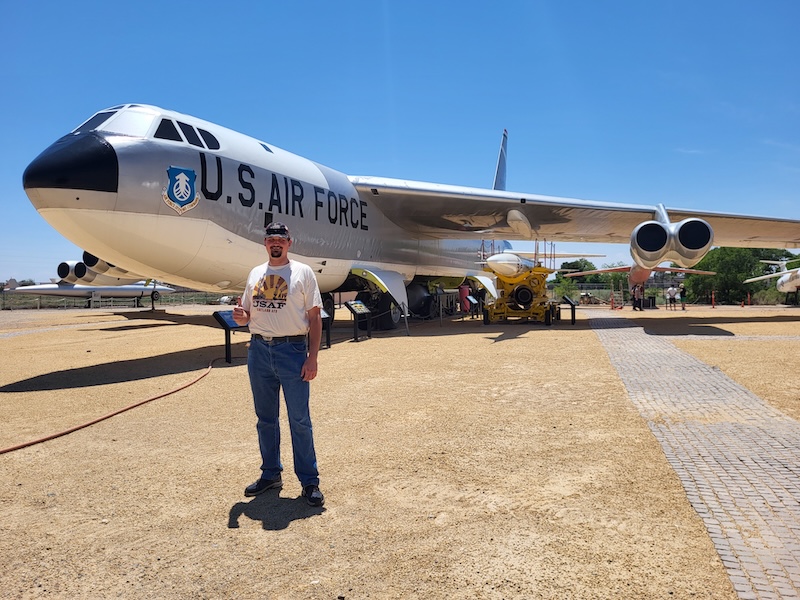
Holston is pursuing bachelor’s degrees in physics and political science. He is a substitute teacher in Cherokee County schools and conducts research part time for the Air Force Research Laboratory in New Mexico. He is also the vice president of the Kennesaw Nuclear Society and the KSU chapter of the North American Young Generation for Nuclear.
“I’ve had some stellar opportunities at KSU, and I think it was definitely the right choice,” he said. “God put me on the right path here.”
In addition to a double major, Holston has a triple minor in nuclear engineering, international affairs, and mathematics. An Eagle Scout, he also advises local Boy Scouts in their pursuit of a nuclear science merit badge. For his efforts to promote nuclear energy, he recently earned the $5,000 Robert Maher Memorial Scholarship from the organization Citizens for Nuclear Technology Awareness.
Homeschooled while growing up, Holston indulged his curiosity about everything, particularly physical sciences and world history. He chose Kennesaw State for its proximity to his Marietta home and its affordability. He chose to study both physics and political science for their applicability across disciplines both on and off campus.
Holston’s research in physics pertained to computer simulation of how certain lasers interact with small electronics in the laboratory of former associate professor of physics Jeremy Gulley. He has since taken on research with Kevin Stokes, professor of physics and department chair, which he has presented at the Georgia Undergraduate Research Conference and at the Georgia Academy of Science. Holston said he’s grateful for the opportunity to conduct such high-level research as an undergraduate.
“I've really appreciated the professors being willing to let undergrads take on research with them. You don't know much to begin with, but the professors are patient and let us catch up,” said Holston, who carries a 3.75 grade-point average. “That was one of the things that differentiated me from the rest of the crowd to get my Air Force internship. Our research experience is very practical, and it's a great opportunity afforded to us.”
Stokes said Holston’s curiosity and passion for physics along with his work ethic make him a welcome addition to any research group.
“The work Micah did with me was his own initiative,” Stokes said. “He recognized that high amplitude electromagnetic pulses caused by upper atmospheric nuclear explosions are a serious threat to infrastructure and national security. He had already written a report for a political science course, and he approached me asking for help with the physics because he wanted to investigate shielding materials and geometries to protect sensitive equipment against these attacks.”
Holston applied that physics research over the summer during an internship at the Air Force Research Laboratory at Kirtland Air Force Base in Albuquerque, New Mexico. Out of more than 1,000 applicants, he was selected to be one of 100 interns to work at the lab. He described it as a formative experience, proof that not only could he envision physics as a career, but that his research at Kennesaw State could serve as a springboard to such a career.
“It was exhilarating,” he said. “To be in that lab around all those talented people, in a building with a particle accelerator, out in the desert—it solidified my future.”
His research extends beyond the College of Science and Mathematics. Last school year, he wrote a 110-page paper on the capabilities of hypersonic glide vehicles and how they undermine mutually assured destruction doctrine as a Bagwell Fellow of the Coles College of Business, with assistant professor of economics James Boudreau advising. Currently, Holston is publishing it with his Air Force Research Lab mentor in an Air Force journal.
In advance of his graduation this spring, he’ll conduct research in political science, which will spur him into another chapter of his life—politics, after pursuing a Ph.D. in physics. Holston wants to continue advocating for nuclear energy from a political standpoint because he feels the next generation of politicians will come from science and technology.
“There’s a lot of crossover between politics and physics, and at the most abstract level, they're both about power,” he said. “They're both about how the world works and what makes things work. Physics is how the physical universe works, how it moves, how it functions. Political science is how people and societies move and how they work. If you know how things work, then you can change them for the better.”
– Story by Dave Shelles
Photos provided
Related Stories
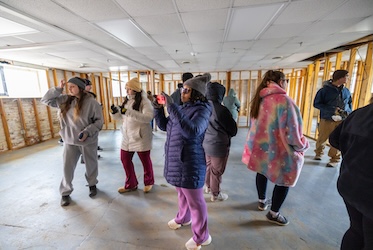
Kennesaw State architecture, engineering students reimagine Asheville's devastated River Arts District
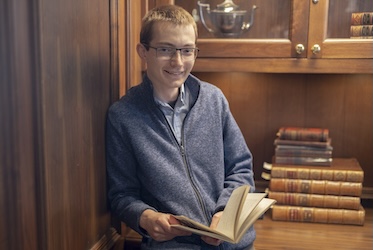
First-year Kennesaw State student, author recognized as versed local historian
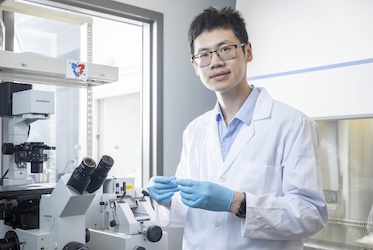
KSU researcher harnessing digital twin technology to improve heart care
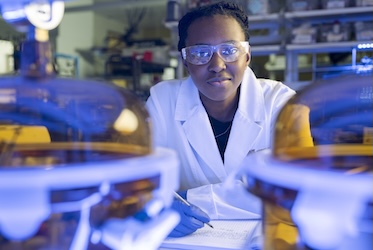
Chemistry student engaged in sustainable catalyst research through Kennesaw State's First-Year Scholars program
A leader in innovative teaching and learning, Kennesaw State University offers undergraduate, graduate, and doctoral degrees to its more than 47,000 students. Kennesaw State is a member of the University System of Georgia with 11 academic colleges. The university’s vibrant campus culture, diverse population, strong global ties, and entrepreneurial spirit draw students from throughout the country and the world. Kennesaw State is a Carnegie-designated doctoral research institution (R2), placing it among an elite group of only 8 percent of U.S. colleges and universities with an R1 or R2 status. For more information, visit kennesaw.edu.














